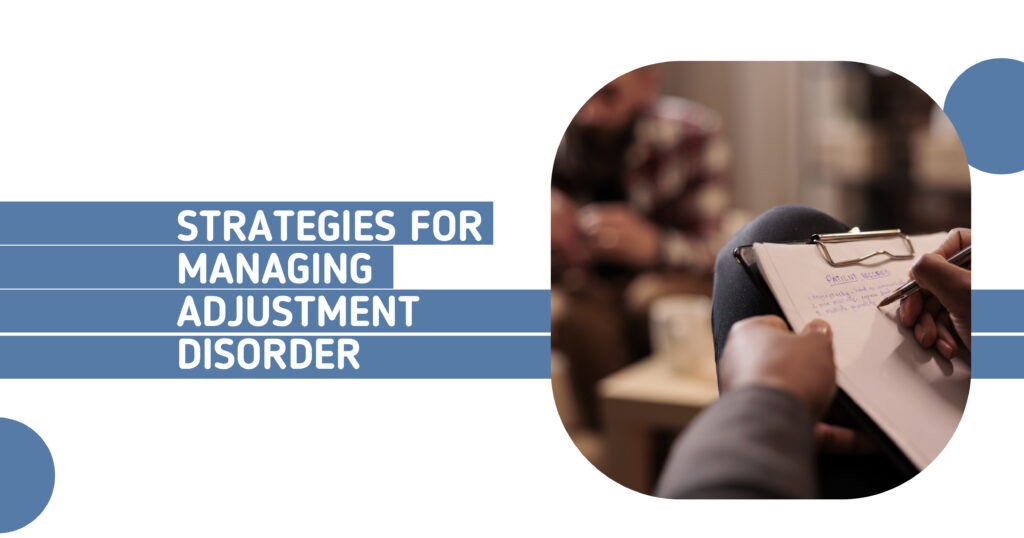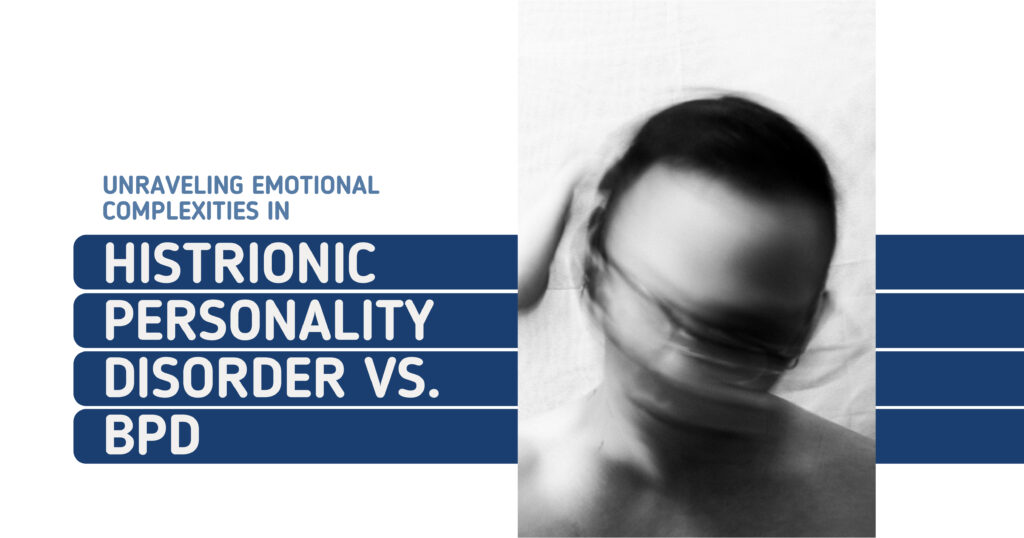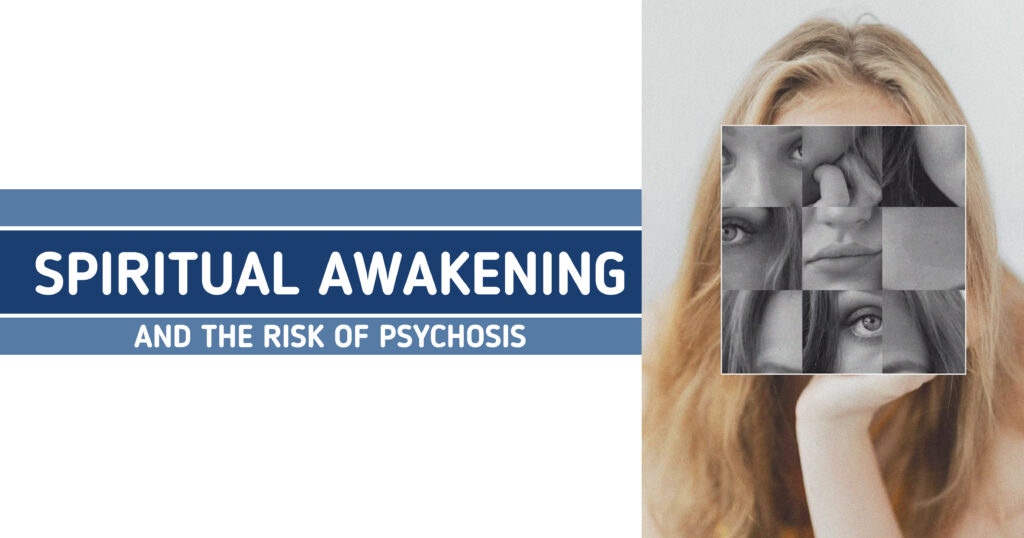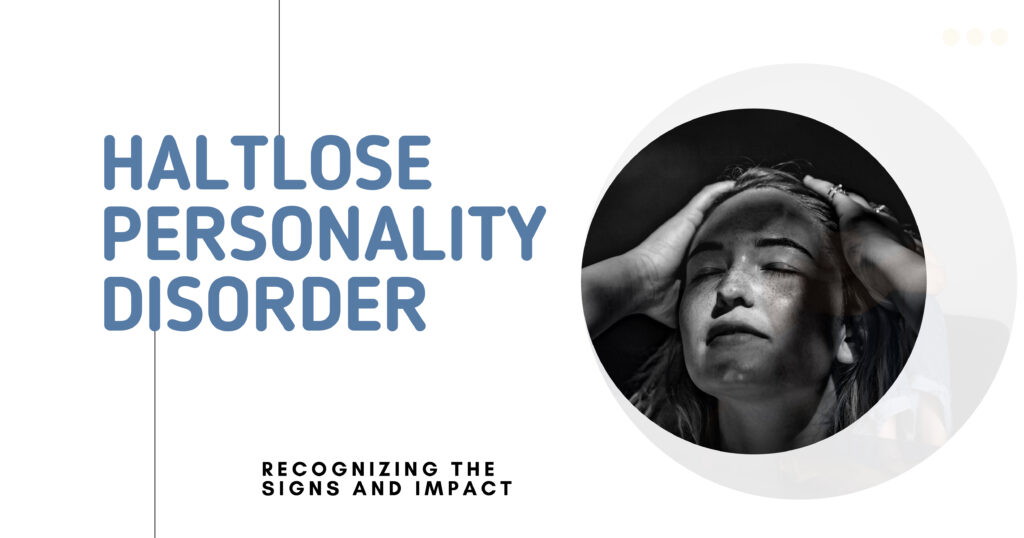Life changes, whether anticipated or unexpected, can trigger powerful emotional reactions. While some people adapt quickly, others may experience emotional distress so intense that it disrupts their daily lives.
This condition is known as adjustment disorder, and it can arise after significant transitions such as moving to a new city, ending a relationship, changing careers, or losing a loved one.
In San Diego, where fast-paced lifestyles and constant change are common, understanding how to navigate these challenges can be essential for maintaining mental well-being. This article explores the symptoms, causes, effective coping mechanisms, and practical strategies for building resilience for adjustment disorder.
Symptoms and Causes of Adjustment Disorder
An excessive stress response to a specific life event or change characterizes adjustment disorder. While some degree of stress is normal, this condition involves stronger and longer-lasting reactions than expected.
Symptoms can include persistent sadness, hopelessness, withdrawal from social activities, irritability, trouble concentrating, and even physical complaints like headaches or stomachaches.
The causes are typically linked to identifiable stressors, such as:
- Major life transitions (e.g., marriage, divorce, retirement).
- Sudden unexpected events (e.g., job loss, financial problems).
- Relocation or changes in living conditions.
- Ongoing stressors (e.g., health concerns, caregiving responsibilities).
According to the American Psychiatric Association, symptoms usually develop within three months of the triggering event and tend to resolve within six months after the stressor is removed, unless it becomes chronic. Early recognition is key to preventing complications like anxiety or depression.

San Diego Mental Health
The Stress Response and Its Impact on Mental Health
When faced with a significant change or challenge, your body initiates a stress response, often called the “fight-or-flight” reaction. This response releases stress hormones like cortisol and adrenaline, increasing heart rate, sharpening focus, and preparing the body for quick action. While helpful in short bursts, chronic activation can strain physical and mental health.
For individuals with adjustment disorder, this stress response becomes prolonged and disproportionate to the situation. Over time, this can contribute to anxiety, depression, sleep disturbances, and weakened immune function.
Research from the National Institute of Mental Health highlights that chronic stress alters brain structure and function, making it harder to regulate emotions and adapt to change. Managing this physiological reaction is therefore essential to reducing the severity of symptoms and preventing escalation into more severe conditions.
Differentiating Adjustment Disorder from Anxiety and Depression
While adjustment disorder, anxiety, and depression share overlapping symptoms, they differ in origin, duration, and triggers. The table below summarizes the key distinctions:
| Condition | Primary Trigger | Duration of Symptoms | Core Emotional State |
| Adjustment Disorder | Specific identifiable stressor or life change | Up to 6 months after the stressor is resolved | Emotional distress, sadness, worry |
| Anxiety Disorders | May develop without a clear external trigger | Can persist indefinitely without treatment | Excessive worry, fear |
| Depression | Often triggered by a combination of biological, genetic, and environmental factors | It can last for months or years if untreated | Persistent sadness, hopelessness |
Understanding these differences ensures individuals receive accurate diagnoses and effective treatment plans. For example, someone struggling after a job loss might be experiencing adjustment disorder, while a person with persistent sadness and no identifiable stressor may be dealing with major depressive disorder.
The Role of Trauma in Triggering Emotional Distress
Traumatic events can significantly increase the risk of developing adjustment disorder. Trauma, whether from a single incident such as an accident or assault, or prolonged exposure such as abuse or military combat, can intensify the stress response and overwhelm coping abilities.
While not everyone who experiences trauma develops this condition, those with a history of anxiety, depression, or prior traumatic experiences may be more vulnerable.
In San Diego, for example, military veterans and first responders may face heightened exposure to traumatic events. Without timely intervention, these experiences can lead to emotional distress that disrupts personal relationships, work performance, and overall well-being. Building trauma-informed care into treatment plans is therefore essential for adequate recovery.
San Diego Mental Health
Effective Coping Mechanisms for Managing Adjustment Disorder
While professional help is vital, individuals can adopt coping mechanisms to reduce symptoms and enhance emotional resilience. Some strategies include:
- Mindfulness practices such as meditation and deep breathing can calm the nervous system.
- Physical activity releases endorphins and reduces stress hormone levels.
- Structured routines to provide stability during uncertain times.
- Social support networks can reduce isolation and foster a sense of belonging.
- Journaling to process emotions and identify triggers.
Consistently using these strategies helps manage adjustment disorder and strengthens resilience for future changes.
The Importance of Psychotherapy in Treating Adjustment Disorders
Psychotherapy plays a central role in recovery from adjustment disorder. Working with a trained mental health professional allows individuals to explore their thoughts, emotions, and behavioral patterns in a safe, supportive environment.
In particular, cognitive-behavioral therapy (CBT) has shown strong effectiveness in helping individuals reframe negative thinking, improve problem-solving skills, and learn healthier coping mechanisms. Group therapy can also be beneficial, allowing individuals to connect with others facing similar challenges.
Therapy not only addresses immediate emotional distress but also equips individuals with long-term tools to manage future stress responses, ultimately reducing the risk of recurring issues.
Adapting to Life Changes and Building Resilience
Resilience is the ability to bounce back from adversity and can be cultivated through intentional practices. Strategies include reframing challenges as opportunities for growth, nurturing supportive relationships, maintaining healthy lifestyle habits, and seeking meaning or purpose in daily activities.
Those who actively build resilience tend to adapt more quickly to life changes and are less likely to develop chronic stress-related conditions. Over time, these habits create a protective buffer against anxiety, depression, and further emotional distress.
Adjust with Strength: Find Support at San Diego Mental Health
If you or someone you love is struggling with adjustment disorder, San Diego Mental Health offers compassionate, evidence-based treatment tailored to your unique needs. Our team specializes in helping clients navigate life changes, manage the stress response, and overcome emotional distress through therapy and supportive care. Take the first step toward healing by visiting San Diego Mental Health or calling our office today. You don’t have to face this alone. Support is available.

San Diego Mental Health
FAQs
- How does the stress response contribute to the development of adjustment disorder and impact overall mental health?
The stress response can become prolonged and intense after a major life event, overwhelming the body and mind. This can lead to persistent emotional distress, making it harder to adapt and maintain balance.
- In what ways can trauma lead to emotional distress and potentially trigger adjustment disorder?
Trauma can heighten sensitivity to stress, making it more difficult to cope with new challenges. This prolonged reaction can manifest as adjustment disorder when the emotional impact disrupts daily functioning.
- What are the differences between adjustment disorder, anxiety, and depression, and how can they be identified?
A specific event triggers adjustment disorder and resolves over time, while anxiety may arise without a clear cause and depression often involves persistent sadness unrelated to a specific stressor.
- What are some effective coping mechanisms for managing adjustment disorder during significant life changes?
Mindfulness, physical exercise, consistent routines, social connections, and journaling are effective ways to reduce symptoms and restore balance during transitions.
- Why is psychotherapy considered important in the treatment of adjustment disorders and in building resilience?
Psychotherapy provides a safe space to process emotions, learn coping skills, and reframe negative thinking. It also strengthens resilience, helping individuals adapt to future challenges.








